Room 102, Building 13, Area A, Wanyang Zhongchuang Park, Ganyao Town, Jiashan County, Zhejiang China.

The influence of the material and surface treatment of Fix Bolts and Flange Bolts on their performance:
The influence of materials
The material directly determines the mechanical properties, corrosion resistance, wear resistance, etc. of the bolts. Different bolt materials are suitable for different working environments and load requirements.
Carbon steel: a common material with low cost and high strength, but poor corrosion resistance and easy to rust. For environments requiring corrosion resistance, additional surface treatment is usually required.
Alloy steel: other elements (such as nickel, chromium, molybdenum, etc.) are added to improve strength, wear resistance and high temperature resistance, and are suitable for environments with large mechanical loads or high temperatures.
Stainless steel: has excellent corrosion resistance and is suitable for humid and chemically corrosive environments. It has moderate strength, but is usually more expensive than carbon steel and alloy steel.
High-strength steel: used in applications requiring higher tensile strength, such as aviation, machinery manufacturing, etc. It has good strength and durability, but may have poor corrosion resistance.
Aluminum alloy and titanium alloy: suitable for applications that require lightweight. Titanium alloy in particular has excellent corrosion resistance and strength, and is suitable for high-demand fields such as aerospace.
Effect of surface treatment
Surface treatment has a significant effect on the performance of bolts, mainly in terms of corrosion resistance, friction coefficient, wear resistance, etc.
Galvanizing (hot-dip galvanizing and electro-galvanizing):
Hot-dip galvanizing: A thick layer of zinc is applied to the surface of the bolt, which can provide good corrosion resistance, especially suitable for outdoor environments or humid conditions. The galvanized layer can also provide certain wear resistance, but it may affect the strength of the bolt and is not suitable for high temperature environments.
Electro-galvanizing: The electro-galvanized layer is thinner and its corrosion resistance is slightly inferior to that of hot-dip galvanizing. It is suitable for corrosion protection in general environments.
Black oxidation treatment:
The oxide film formed on the surface of the bolt by chemical or electrochemical methods can provide certain corrosion protection, but compared with galvanizing, the corrosion resistance of black oxidation treatment is poor, and it is suitable for environments that do not require particularly strong corrosion resistance.
Nickel plating, chrome plating and coating:
Metal coatings such as nickel plating and chrome plating not only have good corrosion resistance, but also provide a smoother surface and reduce the friction coefficient. They are suitable for occasions that require higher appearance and durability.

Nickel plating is common in demanding external environments, while chrome plating is more commonly used in applications that require high wear resistance.
Nitriding treatment:
Nitriding treatment can improve the hardness and wear resistance of the bolt surface, and is particularly suitable for use in high-friction, wear-resistant environments, such as engines, heavy machinery, etc. Nitriding bolts are excellent in mechanical properties, but relatively weak in corrosion resistance.
Electrophoretic coating (E-coat):
This coating method can provide excellent corrosion protection for bolts, and can also improve aesthetics to a certain extent. It is commonly used in occasions such as the automotive industry that require high strength and corrosion resistance.
Coating treatment (such as polyester coating, fluorination treatment):
Coating treatment can increase the corrosion resistance and chemical resistance of bolts, and can provide good wear resistance. These coatings are often used in applications that require high corrosion resistance and aesthetics.
Comprehensive performance impact
Mechanical strength: The material of the bolt (such as high-strength steel, alloy steel, etc.) determines its tensile strength, compressive strength, etc., and the surface treatment method (such as nitriding, coating, etc.) can improve its wear resistance and corrosion resistance and extend its service life.
Corrosion resistance: Surface treatment is the key to improving corrosion resistance. Galvanizing, nickel plating, coating treatment, etc. can effectively prevent the corrosion of bolts in humid and chemical environments.
Wear resistance and friction coefficient: Treatment methods such as nitriding and coating can increase the hardness of the bolt surface, improve wear resistance, and adapt to working environments with high friction. Surface coating or smooth treatment can reduce the friction coefficient and enhance the tightening effect of the bolt.
Adaptability to working environment: Bolts with different materials and surface treatments are suitable for different working environments. For example, in high temperature environments, high temperature alloy materials and nitrided bolts are selected; in chemical corrosion environments, stainless steel materials and nickel-plated bolts can be selected.
The material and surface treatment of Fix Bolts and Flange Bolts jointly determine their performance. When selecting bolts, it is necessary to reasonably select the material and surface treatment method based on factors such as working environment, load requirements, corrosion resistance requirements, and high temperature resistance to ensure the reliability and safety of the bolts in actual use.

Fix anchorbolts include bolts, washers, nuts and 4PCS cylindrical shields. By tightening the bolts, the shields tubes expand and the components can be...
See Details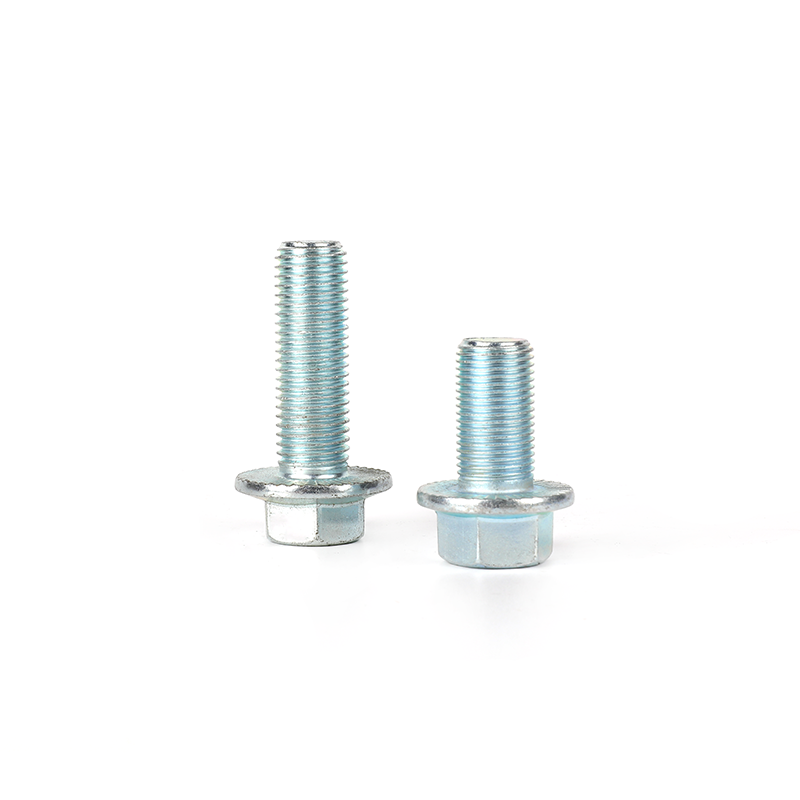
Flange bolts are specially used to tightly connect pipes and components with flanges. We produce flange bolts are solid t and durablethat, compling wi...
See Details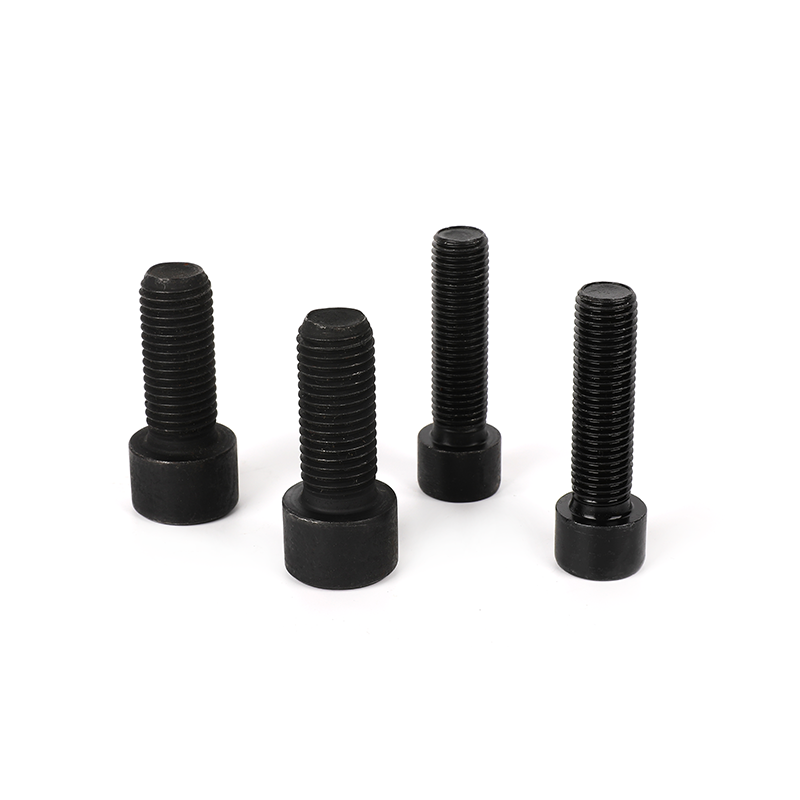
The Grade 8.8 black oxide full-thread hexagon socket bolts have an internal hex design and needs to be used with a wrench with a hex head. Its full th...
See Details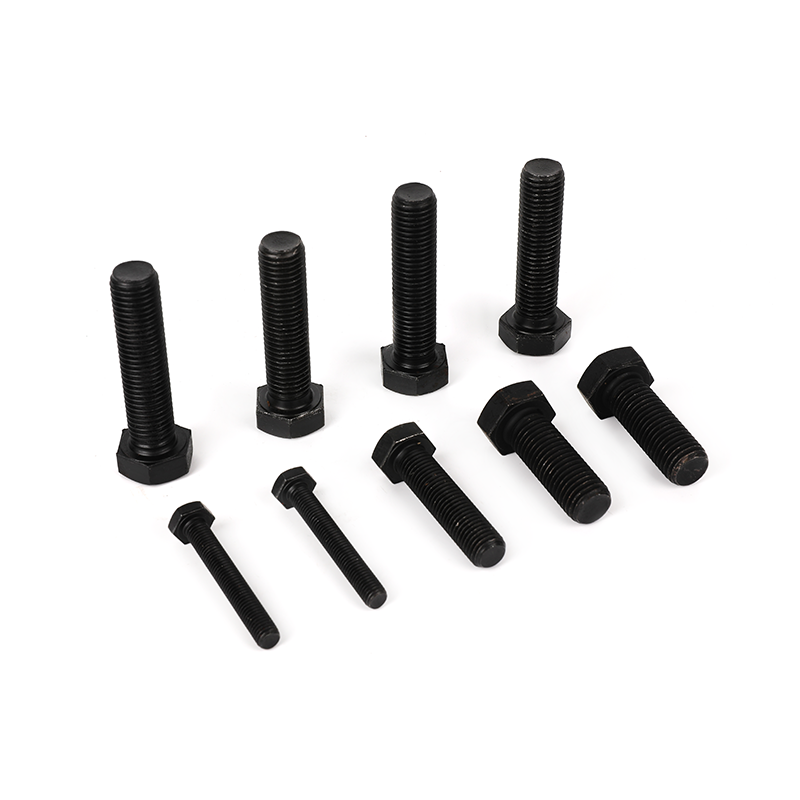
Grade 8.8 black oxide full-thread hexagon bolts is a very common fastener and requires a wrench or hex wrench to tighten it. Our hex head bolt meet th...
See Details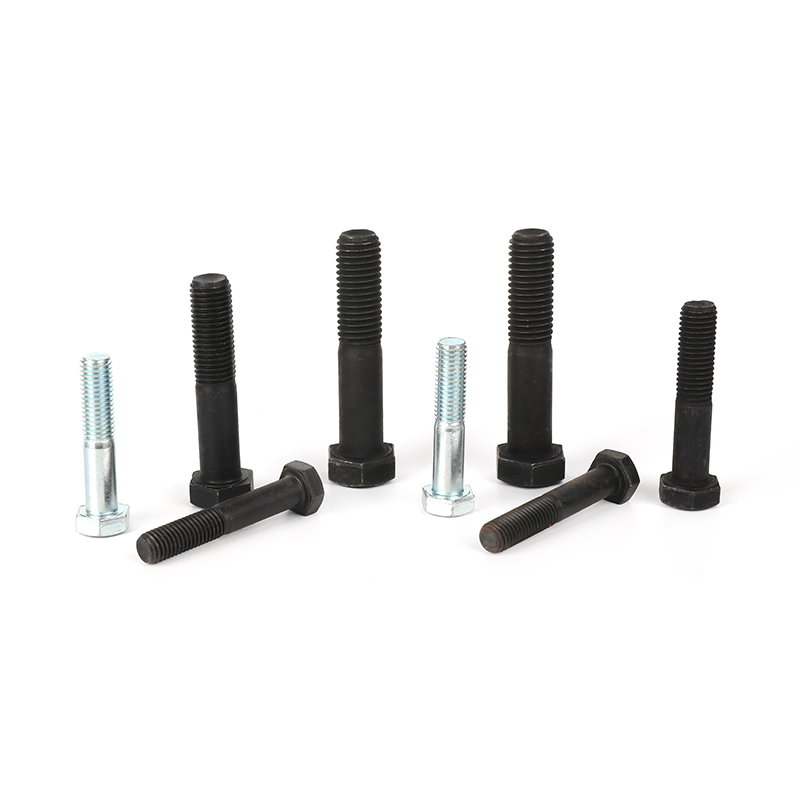
This product is made of high-quality carbon steel and undergoes a rigorous heat treatment process. It has high strength, good elasticity and toughness...
See Details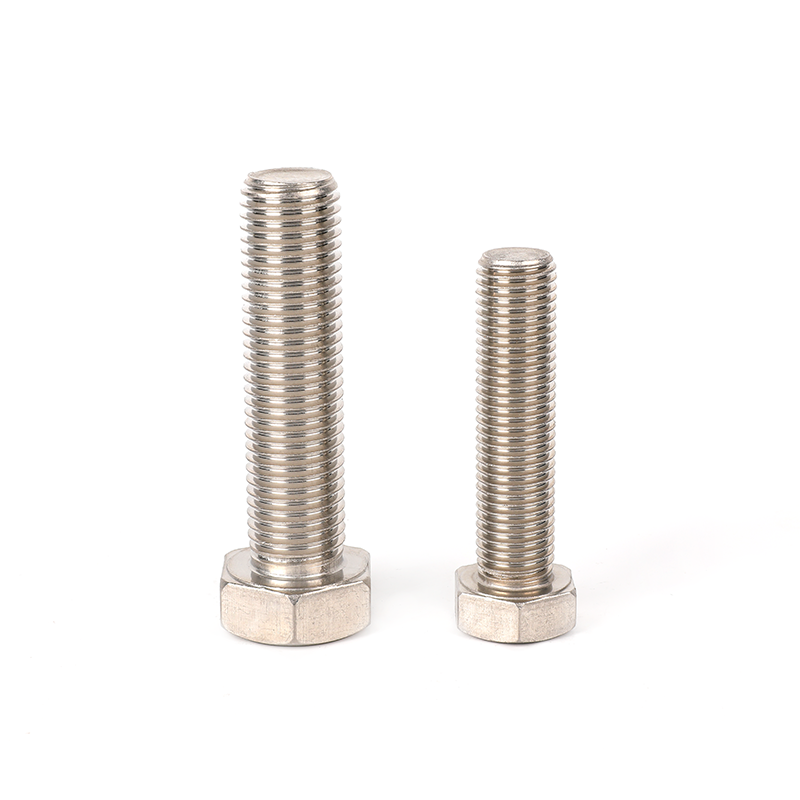
This 304 stainless steel plain full-thread hexagon bolt is a kind of fasteners made of high-quality stainless steel material and has corrosion resista...
See Details
This plain round flat head weld shoulder bolt is a fastener suitable for a variety of welding applications. Its flat head and round head design makes ...
See Details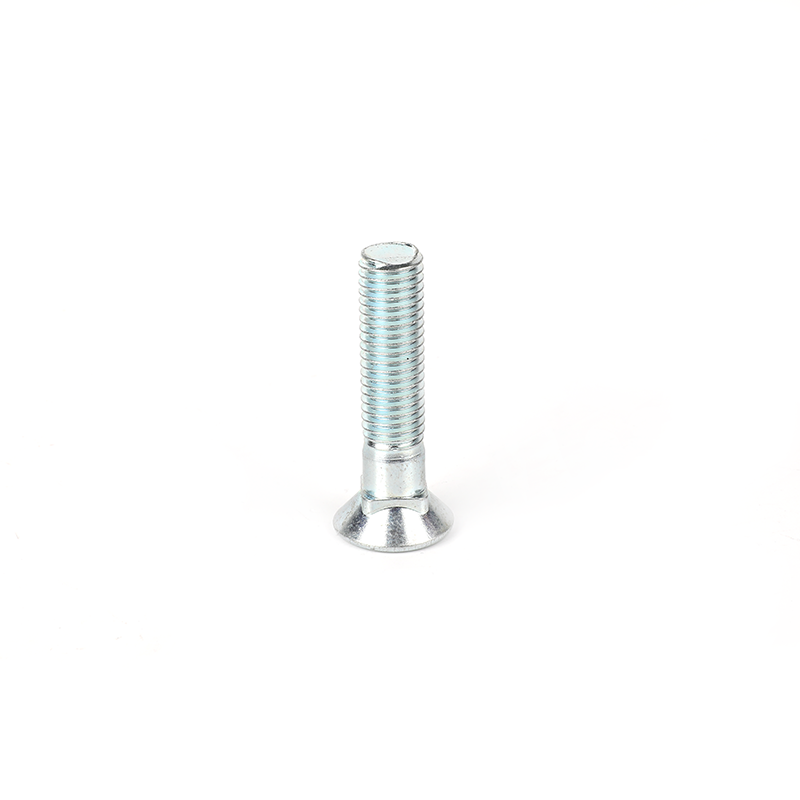
This Grade 12.9 zinc plated countersunk head square neck plow bolt has the advantages of high precision, high operability, high strength, and high ten...
See Details